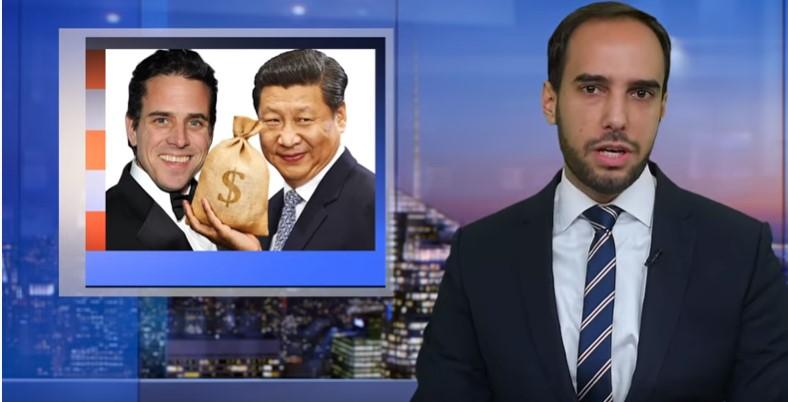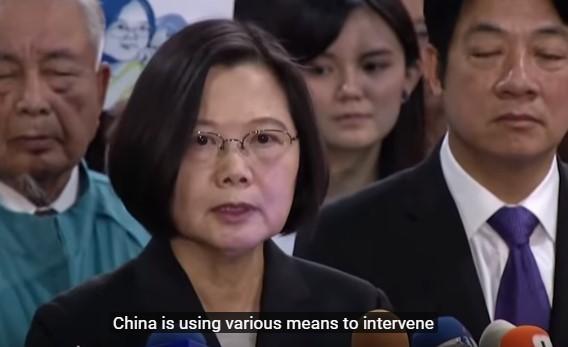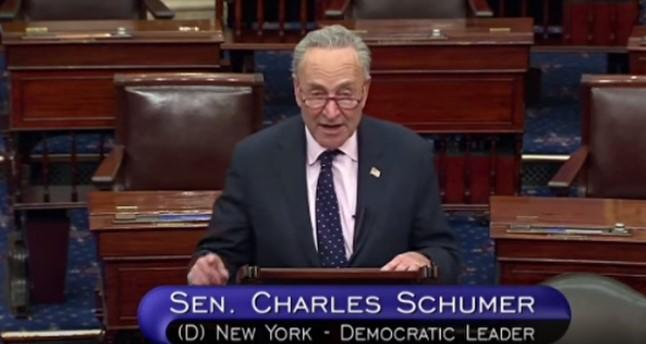At the beginning of the month, The World Bank released its 2016 Poverty and Shared Prosperity report. And Chinese state-run media ate it up. Why? Let’s just say, it made China look pretty good.
According to the World Bank report, since 1990, worldwide extreme poverty fell from 35% to less than 11% today. And most of that change is from China, which has a fifth of the world’s people. According to the report, since 1978 China “has lifted more than 800 million people out of poverty.”
Even Westerners interviewed by Chinese state-run media agree.
China has lifted 728 million people out of poverty, by international standards... Therefore the contribution to human well-being made Deng Xiaoping is unequaled, in my opinion. I was really deeply moved. You may even hear my voice slightly waver.
, Former Deputy Mayor of London



